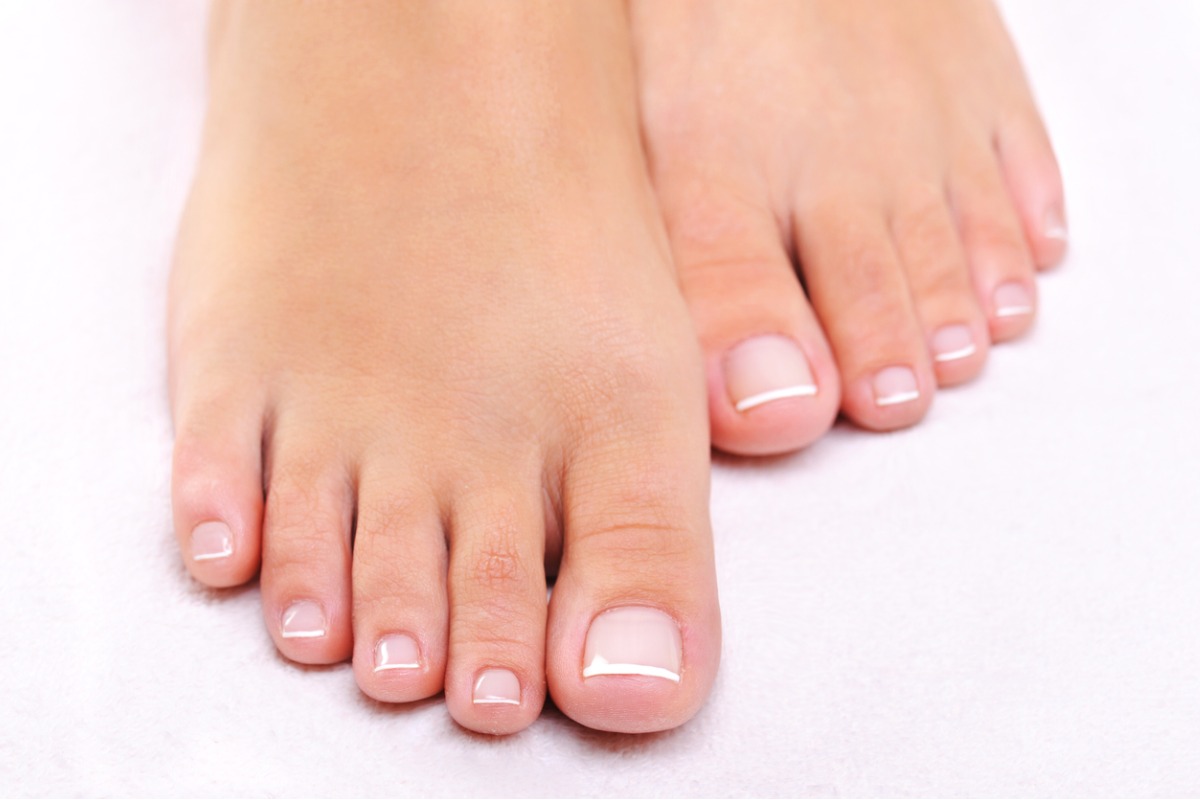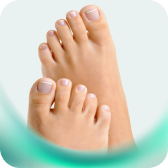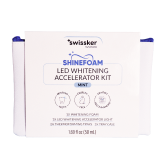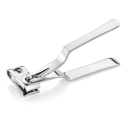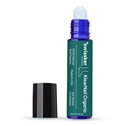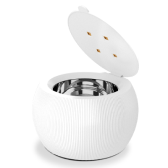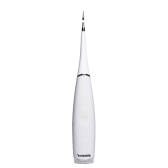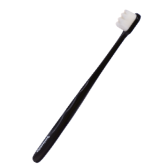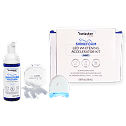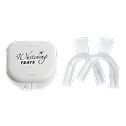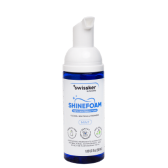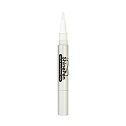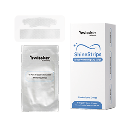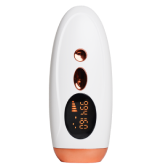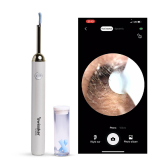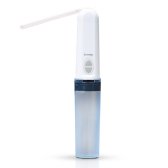By Dr. Samantha Lee, Board-Certified Dermatologist
As we age, many of us notice changes in our nails, particularly our toenails. They may seem to grow more slowly, become thicker, or develop ridges. If you’re wondering how to make your toenails grow faster and stronger, you’re not alone. As a dermatologist with over two decades of experience specializing in nail health, I’m here to guide you through the science of toenail growth and share practical tips to promote healthier, faster-growing toenails.
Understanding Toenail Growth
Before we dive into ways to enhance toenail growth, it’s crucial to understand how toenails grow and why this process might slow down as we age.
Factors Affecting Toenail Growth

Toenail growth is influenced by various factors, including:
- Age: As we get older, our nail growth naturally slows down.
- Genetics: Some people are predisposed to faster or slower nail growth.
- Nutrition: A balanced diet rich in certain vitamins and minerals is essential for healthy nail growth.
- Overall health: Certain medical conditions and medications can affect nail growth.
- Circulation: Good blood flow to the toes promotes faster nail growth.
Average Growth Rate of Toenails
According to a study published in the Journal of the European Academy of Dermatology and Venereology, the average growth rate of toenails in healthy young adults is about 1.62 mm per month. However, this rate can be slower in seniors due to factors mentioned above. It’s important to note that toenails grow much more slowly than fingernails, which grow at an average rate of 3.47 mm per month.
The big toenail tends to grow faster than the others, which is worth keeping in mind when you’re assessing your nail growth. Also, it’s perfectly normal for your right and left toenails to grow at slightly different rates.
The Role of Nutrition in Toenail Growth

A well-balanced diet is crucial for healthy nail growth. Let’s look at some of the best foods for nail growth and key nutrients that play a role in nail health:
Essential Vitamins and Minerals
- Biotin (Vitamin B7): While often touted as a miracle cure for nail growth, the reality is more nuanced. We’ll discuss this in detail in the next section.
- Vitamin E: This antioxidant vitamin supports overall nail health, though its direct effect on growth rate is not well-established.
- Vitamin C: Essential for collagen production, which gives structure to nails.
- Iron: Important for carrying oxygen to cells, including those in your nails.
- Zinc: Necessary for protein synthesis and cell division, both crucial for nail growth.
- Silicon: Some studies suggest it may help strengthen nails.
The Biotin Controversy
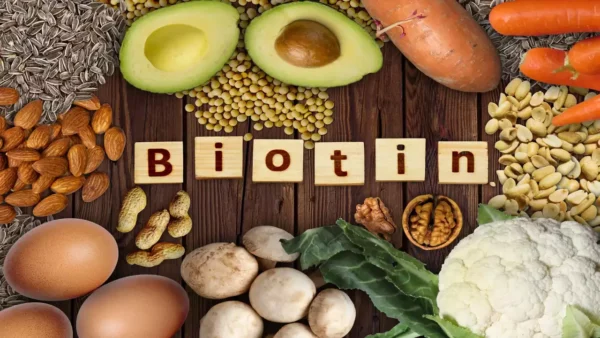
Biotin, also known as Vitamin B7, has gained significant popularity as a supplement for nail health. However, the scientific evidence supporting its use for this purpose is limited.
A review published in the Journal of Drugs in Dermatology found that biotin supplementation may help improve nail health in people with brittle nail syndrome. However, for individuals with normal biotin levels, there’s little evidence to suggest that supplementation will speed up nail growth.
The current Adequate Intake (AI) for biotin is 30 micrograms per day for adults. Most people get enough biotin through a balanced diet, as it’s found in foods like eggs, salmon, avocados, and nuts.
If you’re considering biotin supplementation, it’s crucial to consult with your healthcare provider first. High doses of biotin can interfere with certain laboratory tests, potentially leading to misdiagnosis of conditions like thyroid disorders.
Many of my patients have seen promising results with topical treatments like the Swissklip Anti-Fungal Stick, which can be an effective part of a comprehensive nail care routine when used consistently. It’s important to note that this product is primarily for treating fungal infections, but it contains so many great nutrients like Tea Tree Oil, Lavender Oil, and Herbal Worm Oil, it can help nourish your nails.
Lifestyle Factors Affecting Toenail Growth

Your daily habits can have a significant impact on your nail health and growth rate. Here are some key lifestyle factors to consider:
Exercise and Circulation
Regular physical activity, especially exercises that get you on your feet, can improve circulation to your toes. This increased blood flow can help deliver more nutrients to your nail beds, potentially speeding up growth. Even simple exercises like wiggling your toes or rotating your ankles while seated can help improve circulation.
Hydration
Staying well-hydrated is crucial for overall health, including nail health. Proper hydration helps transport nutrients throughout your body and keeps your nails from becoming brittle.
Stress Management
High levels of stress can affect your body in many ways, including slowing down nail growth. Incorporating stress-reduction techniques like meditation, deep breathing exercises, or gentle yoga into your routine may indirectly benefit your nail health.
Proper Toenail Care for Faster Growth
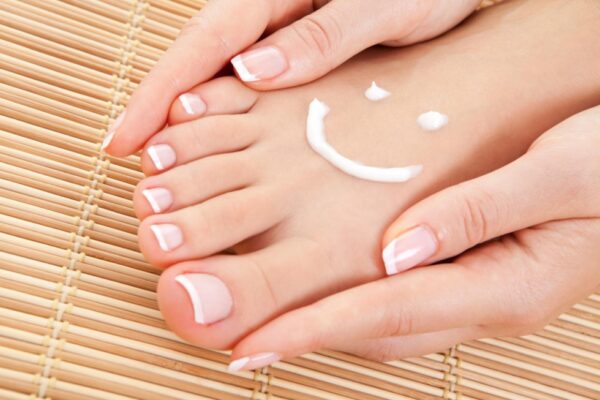
While you can’t dramatically speed up the natural growth rate of your toenails, proper care can ensure they grow as healthily and quickly as possible.
Trimming Techniques
- Keep your toenails trimmed straight across, avoiding rounded edges which can lead to ingrown nails.
- Use sharp, clean nail clippers or scissors designed for toenails like the Swissklip Heavy Duty Toenail Clippers.
- Trim after bathing when nails are softer and easier to cut.
Moisturizing
Keeping your nails and surrounding skin well-moisturized can prevent brittleness and promote healthier growth. Use a good quality foot cream or oil, paying special attention to your nails and cuticles.
Protecting Toenails
- Wear well-fitting shoes to avoid pressure and trauma to your nails.
- Use breathable socks to prevent excess moisture around your toes.
- Be cautious when getting pedicures to avoid infection or injury.
Medical Conditions and Medications Affecting Toenail Growth

Several health conditions and medications can impact toenail growth:
- Diabetes: Can affect circulation to the extremities, slowing nail growth.
- Thyroid disorders: Both hypothyroidism and hyperthyroidism can affect nail growth.
- Psoriasis: Can cause nail changes and affect growth.
- Certain medications: Some antibiotics and chemotherapy drugs can slow nail growth.
If you have any of these conditions or are on medications that might affect your nails, it’s important to discuss this with your healthcare provider.
Natural Remedies and Supplements for Faster Toenail Growth
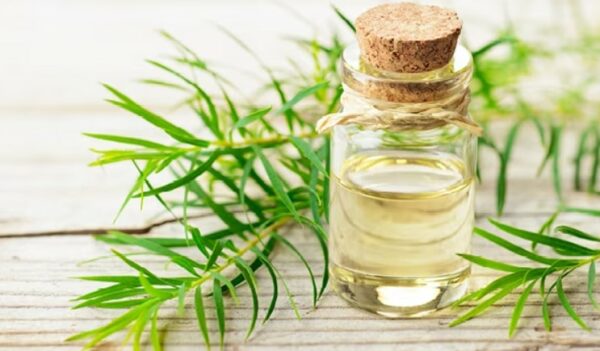
While there’s no magic solution to dramatically speed up toenail growth, some natural remedies may support overall nail health:
- Coconut oil: Rich in nutrients and has antifungal properties.
- Tea tree oil: Has antifungal and antiseptic properties (always dilute before use).
- Vitamin E oil: May help nourish the nail and surrounding skin.
Remember, these remedies may support nail health but won’t necessarily make your nails grow faster. Always consult with your healthcare provider before starting any new supplement regimen.
When to Seek Professional Help
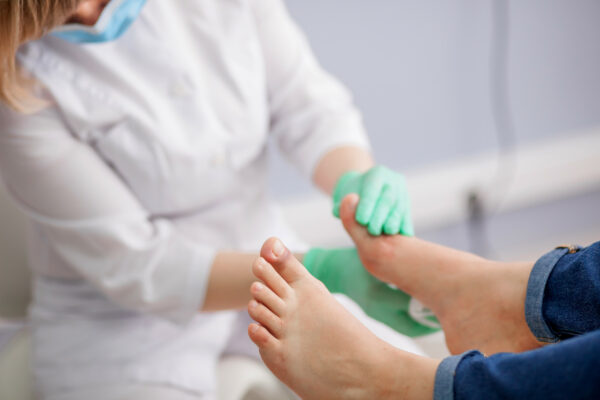
While slow nail growth is often a normal part of aging, sometimes it can indicate an underlying health issue. Consult a healthcare professional if you notice:
- Sudden changes in nail color or texture
- Nails that are significantly thicker or thinner than usual
- Separation of the nail from the nail bed
- Bleeding or pain around the nails
- Signs of infection like redness, swelling, or pus
FAQ Section
Q1: Can diet really affect how fast my toenails grow?
A: While diet alone won’t dramatically speed up nail growth, a balanced diet rich in protein, vitamins, and minerals is essential for overall nail health. Deficiencies in certain nutrients like biotin, iron, or zinc can lead to slower nail growth or brittle nails.
Q2: Are there any medications that can help my toenails grow faster?
A: There are no FDA-approved medications specifically for speeding up nail growth. However, treating underlying conditions that may be slowing nail growth (like fungal infections) can help your nails grow more normally.
Q3: How long does it take for a toenail to grow back completely?
A: On average, it takes about 12-18 months for a toenail to grow back completely from the base to the tip. This process can be slower in seniors or those with certain health conditions.
Q4: Can nail polish slow down toenail growth?
A: Nail polish itself doesn’t slow nail growth. However, keeping your nails constantly covered with polish can sometimes lead to dryness or damage, which might affect overall nail health. It’s a good idea to give your nails “breathing time” between polishes.
Q5: Is it true that toenails grow faster in the summer?
A: There is some evidence to suggest that nails may grow slightly faster in warmer months. This could be due to increased circulation and metabolic rate in warmer weather. However, the difference is usually minimal.
Conclusion
While we can’t dramatically speed up the natural growth rate of our toenails, especially as we age, we can certainly take steps to ensure they grow as healthily as possible. A balanced diet, good nail care habits, and attention to overall health can all contribute to optimal toenail growth.
Remember, healthy nails are about more than just aesthetics – they can be an indicator of our overall health. If you have concerns about your nail growth or health, don’t hesitate to consult with a healthcare professional.
Here’s to healthier, happier nails!
Dr. Samantha Lee is a board-certified dermatologist with over 20 years of experience specializing in nail health. She is the author of bestselling books on nail care and runs a popular blog dedicated to helping people achieve optimal nail health.
How We Reviewed This Article
SOURCES This article is based on scientific studies, expert opinions, and reputable health organizations. Key sources include:
- Yaemsiri S, et al. (2010). Growth rate of human fingernails and toenails in healthy American young adults. Journal of the European Academy of Dermatology and Venereology. DOI: https://doi.org/10.1111/j.1468-3083.2009.03426.x
- Scheinfeld N, et al. (2007). Vitamins and minerals: their role in nail health and disease. Journal of Drugs in Dermatology. PMID: 17763607
- National Institutes of Health, Office of Dietary Supplements. Biotin – Fact Sheet for Health Professionals. https://ods.od.nih.gov/factsheets/Biotin-HealthProfessional/
- Patel DP, et al. (2017). A Review of the Use of Biotin for Hair Loss. Skin Appendage Disorders. DOI: 10.1159/000462981
HISTORY This article was written by Dr. Samantha Lee, reviewed by our medical team, and published on July 25, 2024. We regularly update our content to reflect new research and ensure its accuracy and relevance.


